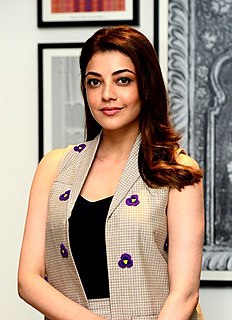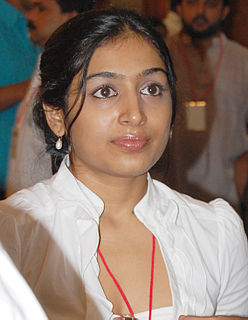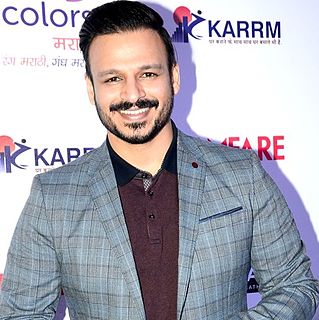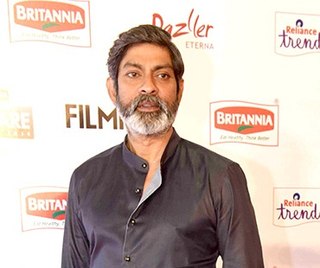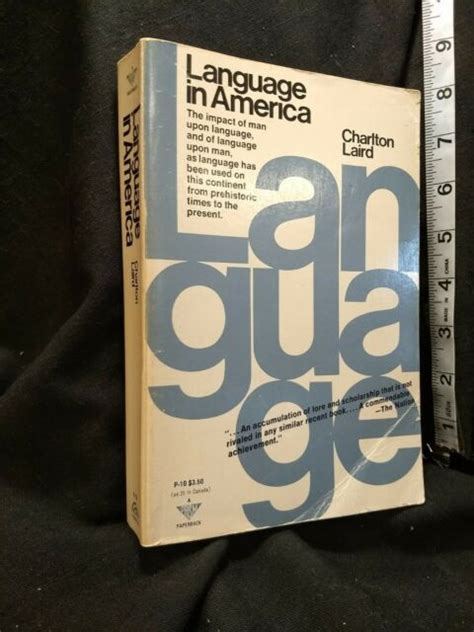A Quote by Mukesh Rishi
When you come to the South industry, they know that you don't know the language but it never becomes a barrier.
Related Quotes
Balancing my career between two industries has never been an issue. I started with a Telugu film and have a soft corner for the south industry, though I've grown up speaking Hindi. I don't think language can be a barrier when it comes to acting. And, since I come from a theatre background, I'm used to memorizing my lines.
When I think about the auto-industry and how it was one of the industries that brought all of these black men from the South to Michigan and other places to make more money than they could ever make in the cotton fields or the agricultural world of the South... what's happening now is all of that is closing down, and we know that it's going to reopen in Southern places, focusing on Mexican and other migrant workers to come and work cheaply and get none of the benefits.
I feel like I'm a New Yorker to the bone. But there is a lot of the South in me. I know there is a lot of the South in my mannerisms. There's a lot of the South in my expectations of other people and how people treat each other. There's a lot of the South in the way I speak, but it could never be home.

